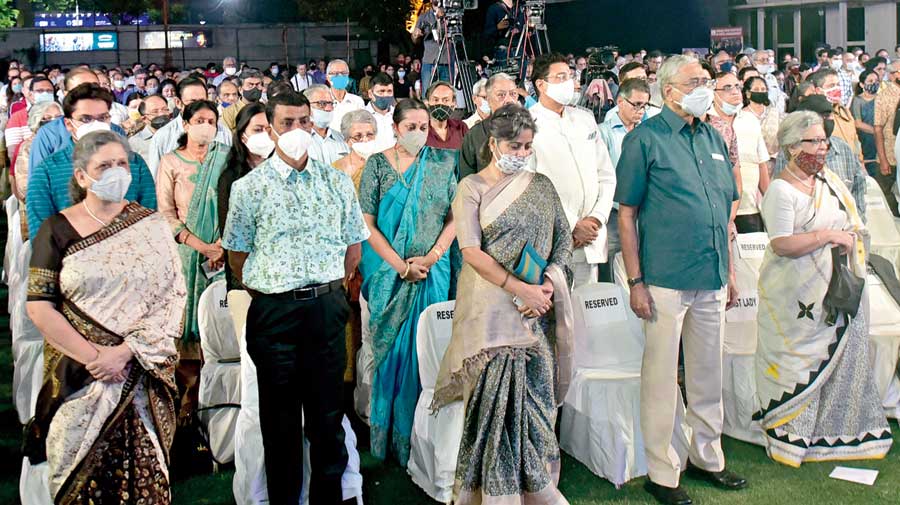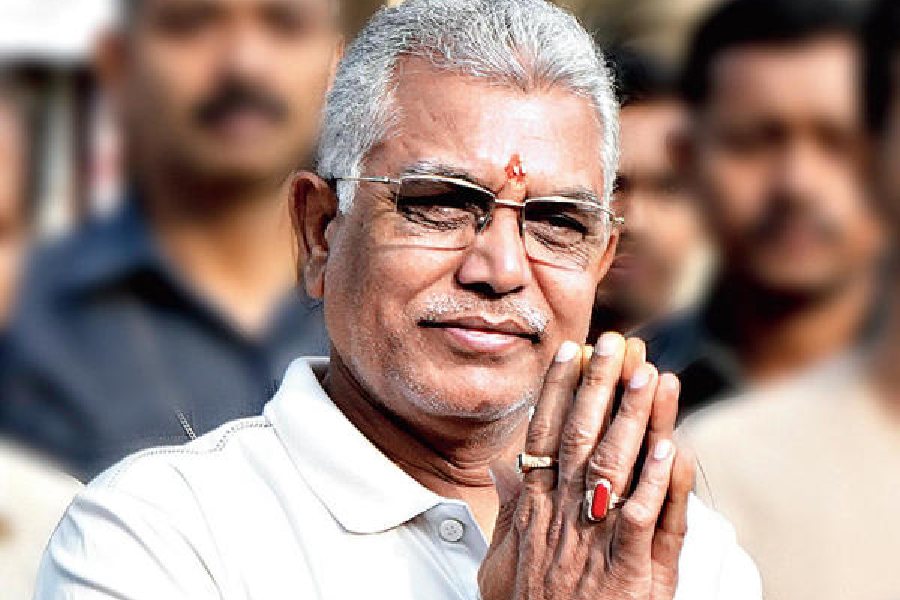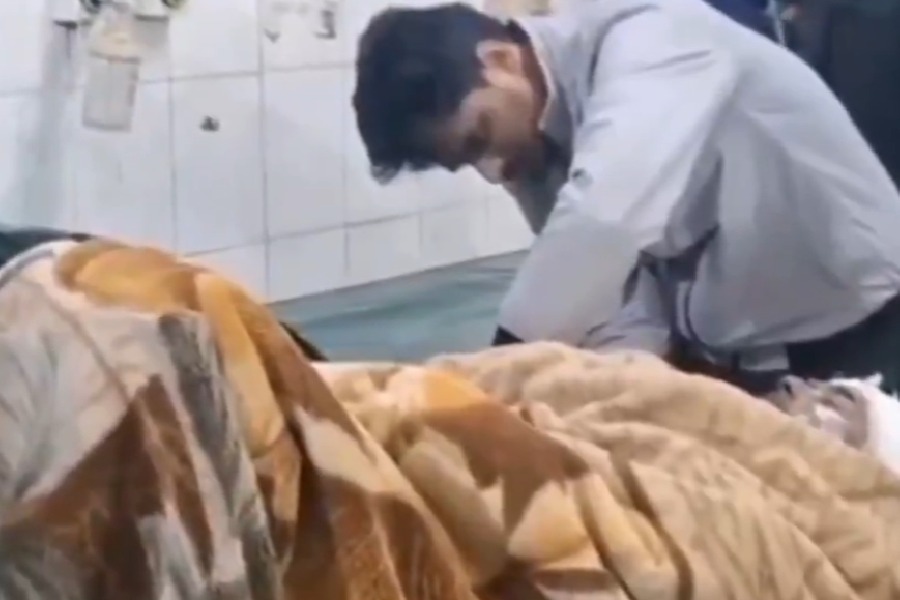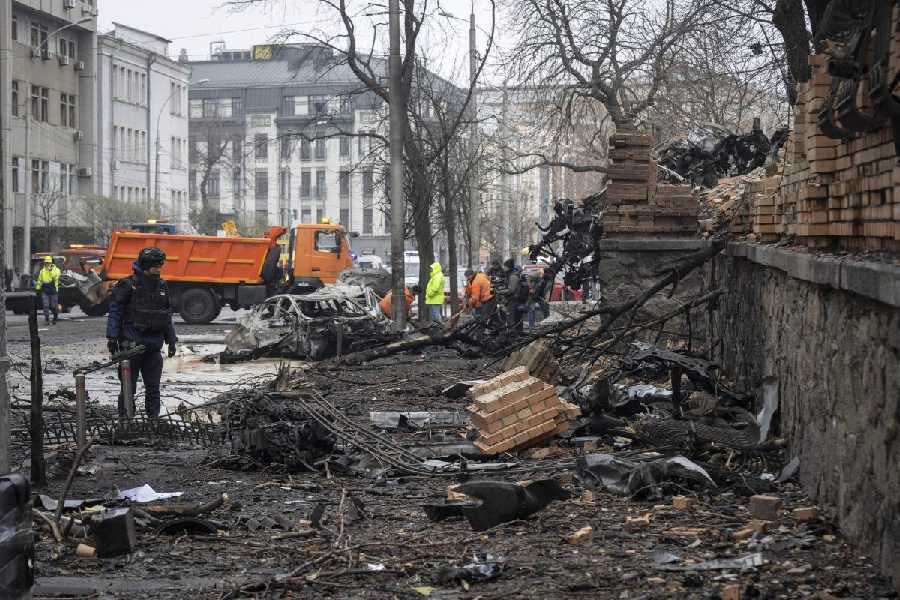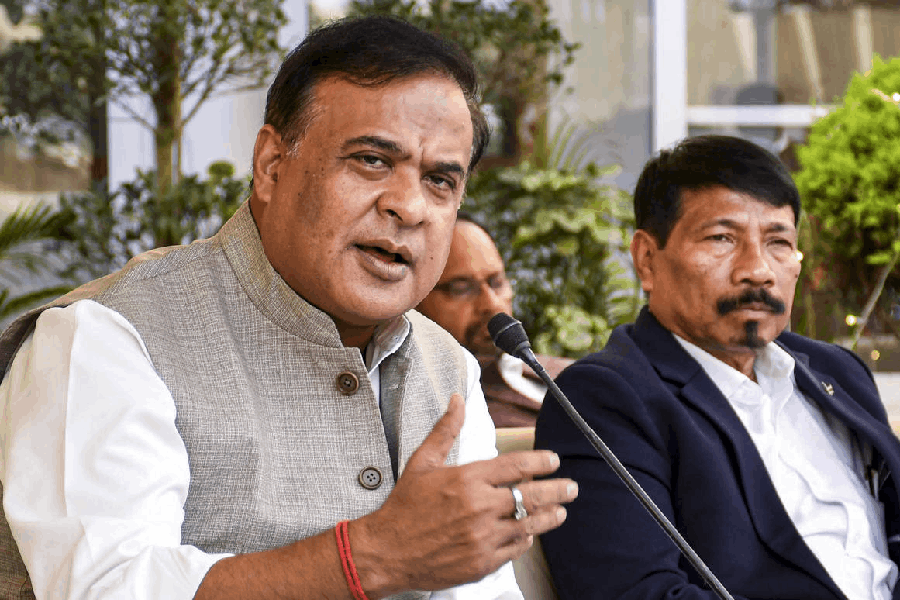The Centre on Wednesday launched a survey to track the socio-economic conditions of migrant workers and their shifting job preferences, months after facing flak for the lack of official data on these workers that is believed to have worsened their sufferings during the lockdown.
The Labour Bureau, an arm of the labour and employment ministry, will undertake the sample survey. A committee chaired by S.P. Mukherjee, professor emeritus with Calcutta University, has designed the methodology.
Labour economist Amitabh Kundu, co-chairperson of the committee, said the results would come in six months.
“The idea is to collect data about the conditions of migrant workers before the Covid outbreak (and during) the middle period of the pandemic (for a) comparison with the current situation,” Kundu said.
“Data will be sought on how they had coped with the Covid crisis, (whether) they could access the entitlements like rations, healthcare, education for their children and anything more (that the government had announced for them as lockdown relief).”
After the lockdown was abruptly imposed from March 25 last year, lakhs of suddenly jobless and penniless migrant workers had attempted to walk hundreds of miles home, often without enough food and water. Many died on the way of exhaustion and illness; some got run over by a goods train as they slept on tracks.
The Centre had faced severe criticism from Opposition parties and civil society groups in September after it told Parliament it had no data on the migrant workers who had died during the lockdown.
A 40-year-old law mandates the registration of migrant workers in their home states as well as the states where they live and work. However, several committees including a parliamentary standing committee have found that the law was never implemented in most states.
Researchers believe the lockdown-hit migrants’ trouble in finding food, water and shelter at the places where they worked, which partly forced them to attempt the walkathons, could have been mitigated had the central and state governments possessed data about them.
In a reply to Parliament, labour minister Santosh Gangwar had quoted post-lockdown data provided by state governments to say that nearly 1.14 crore migrant workers had returned to their native places during the lockdown.
Job survey
On Wednesday, the Centre also started a survey to collect the primary (direct) job creation numbers from 1.5 lakh companies to understand the employment environment and the pandemic’s impact.
“This survey will (track) the employment and unemployment situation and changing sectoral composition of the labour force.... It will provide data parallel to that coming from employment surveys of the NSS (National Sample Survey),” Kundu said.
Shyam Sundar, professor of human resource management at XLRI, Xavier School of Management, Jamshedpur, said the working class was still struggling to recover from the job losses and indebtedness suffered during the initial days of the pandemic.
He said heavy industries were yet to get back to their pre-Covid level of operations. The employment situation was fluctuating every month, adding to the uncertainty, he added.
“The workers are largely confused because of the fluctuations in the job market. Now that many states are imposing night curfew and a partial lockdown, the job sector will be further affected,” Sundar said.





